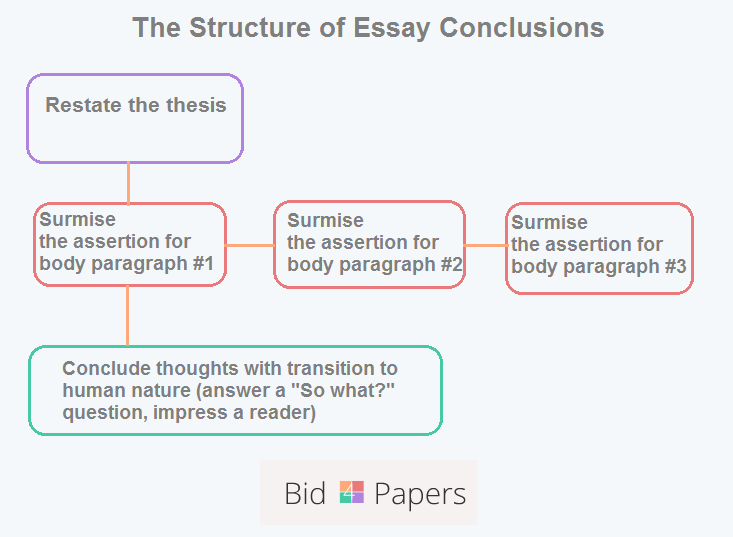A good essay conclusion should tie up all the threads of the entire piece. Including a personal detail about the author in the conclusion is a good idea. This builds a human and intimate bond between you and the reader. For example, don’t rehash information you’ve presented in the body of your essay. This is a common mistake, and is a major reason why many students fail to create a strong essay conclusion.
Avoid rehashing stuff you’ve already said
Don’t repeat things you’ve said earlier in the paper. In your conclusion, revisit your main points and arguments, not your thesis. Reiterating your thesis is a terrible conclusion strategy and never works. This is like beginning your closing paragraph with a cliched phrase – it only confuses the reader and proves you’re not creative enough to come up with a new point.
Your conclusion should be more open-ended than your introduction, since the introduction serves to orient the reader by directly summarizing the main points of your essay. It can also suggest broader implications, but be careful not to ramble or veer off the topic. Make sure your conclusion logically follows the information you’ve provided. Remember: a good essay conclusion isn’t a waste of time.
Avoid reiterating your thesis
Rather than reiterating your thesis, a good essay conclusion restates the main points and thesis statement. Most professors do not want students to simply restate their thesis. The thesis statement is a relatively short section in the conclusion, and it is best not to use the same language used in the introduction and body of the essay. This will give the essay a more natural flow and ring of consistency.
During the body of the essay, make sure to introduce a memorable element that sums up your ideas. In the conclusion, you should also reiterate your thesis statement and emphasize how it ties into the rest of the essay. The conclusion should be simple and contain only one or two sentences. Avoid overusing phrases such as “to summarise,” “to summarize,” and “to close.” These words are not needed and may come across as fluff in your writing.
Avoid rehashing information you’ve already presented
Often, the best way to end an essay is to leave the reader thinking and persuading them to act on what you have said. But writing a good conclusion can be a challenge – it should leave the reader with something to think about, while still persuading them to take a certain action. In this article, we’ll look at some examples of good essay conclusions to give you some ideas.
Unlike the introduction and body, the conclusion paragraph should contain the most important ideas from the essay. Generally, a conclusion paragraph should be four to five sentences long and contain no more than fifty to seventy words. In a good essay conclusion, you should start by reinstating the main idea and highlighting the significance of the findings. After that, restate the arguments and examples that supported your thesis.
Avoid closing your essay with a reiteration of your thesis
If you want to avoid writing a repetitive thesis in the conclusion of your essay, you need to keep the rest of the paper concise. The first sentence of your conclusion should repeat your thesis in its original form, and then restate the main points of your essay. This helps the reader align the arguments and make sense of the entire essay. It’s also important to avoid using “to conclude” or “to conclude.”
A safe place to start the conclusion is with the central idea of your thesis. Every other section of the essay should support this central idea. You can restate this idea in your concluding paragraph, but not verbatim. Instead, restate your thesis statement to remind the reader of the benefits your thesis has offered. By following these tips, you will be able to write a more focused and persuasive conclusion.

